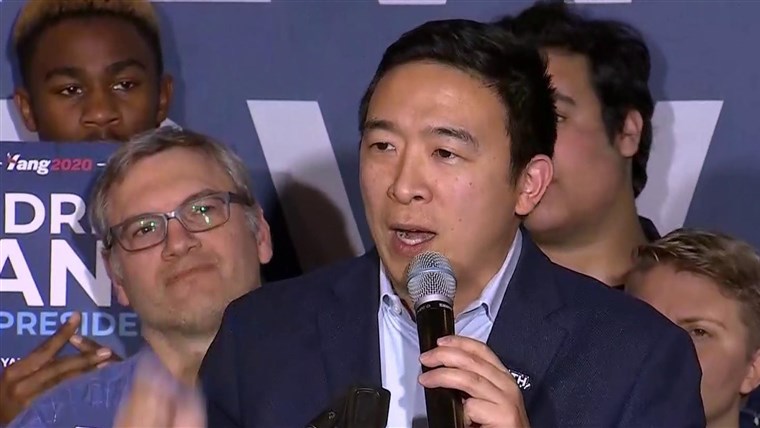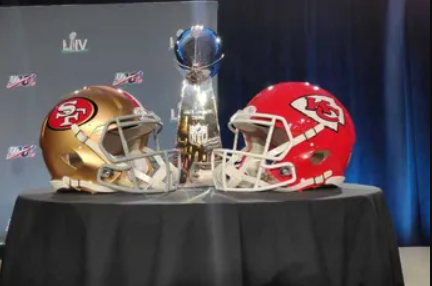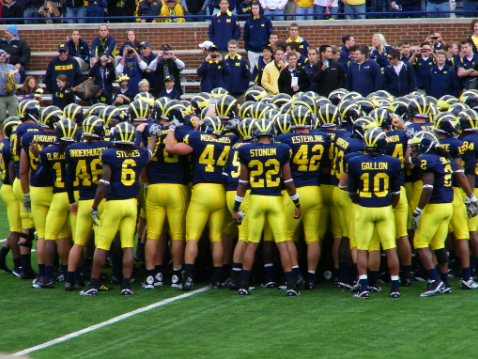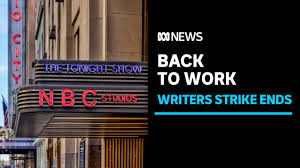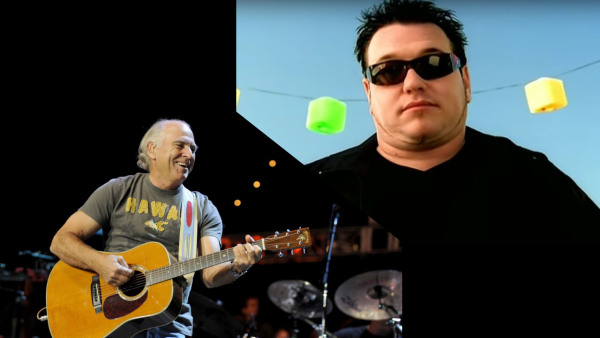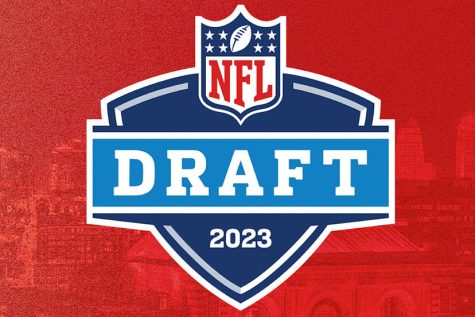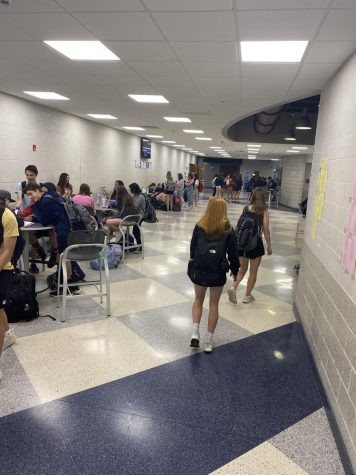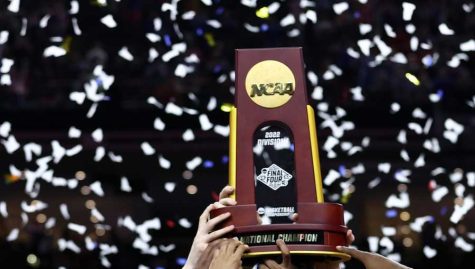The end of Andrew Yang’s Campaign
Last Tuesday, just hours after the New Hampshire primary results were finalized, Andrew Yang dropped out of the race for the democratic presidential nomination. In doing so, he becomes the first candidate to drop out of the race since primary season began in Iowa at the beginning of February.
Yang was an interesting candidate, boasting a small, but fervent base of supporters, many of whom were disaffected by traditional political candidates. Though a millionaire, he supported many progressive policies, including Universal Basic Income, which he nicknamed the “Freedom Dividend.” Under this program, every American, regardless of wealth, would receive $1,000 a month as a supplementary income. This policy was the cornerstone of his campaign, and was touted by Yang as the solution to various problems with social security and government welfare. In addition, he was one of the last candidates from a minority group still in the race. The ‘whitening’ of the primary process has been criticized by several civil rights groups, and with Yang gone, many fear that issues specific to minority groups may go unheard on the debate stage.
With his campaign suspended, the race gets just a bit tighter. There are currently just 5 candidates with good chances of winning, and it is unknown who Yang’s former supporters will rally around now. Perhaps Sanders or Warren, two candidates also ideologically to the left, will pick up his supporters. But it is just as likely that the fanbase, mostly made up of young people, will simply lose interest in politics. No matter what happens, it is clear that Yang effortlessly did something most candidates can only dream of: he mobilized young people, and used the power of social media in a way not seen before. His campaign felt genuine, as opposed to the out of touch, forced ways that many mainstream candidates use.
Despite dropping out, Yang has made one thing clear: this is not the end. His last twitter post of the evening was short, but was the message that many hoped to hear. He simply said, “We’ll be back.”
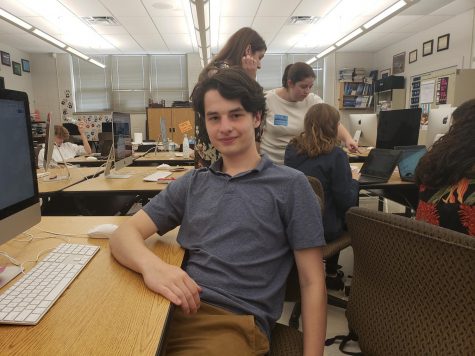
Michael Oestreich is the Co-editor in chief and social media manager for the Paw’s Instagram and Twitter accounts . He also does layout & design...

